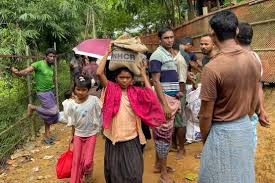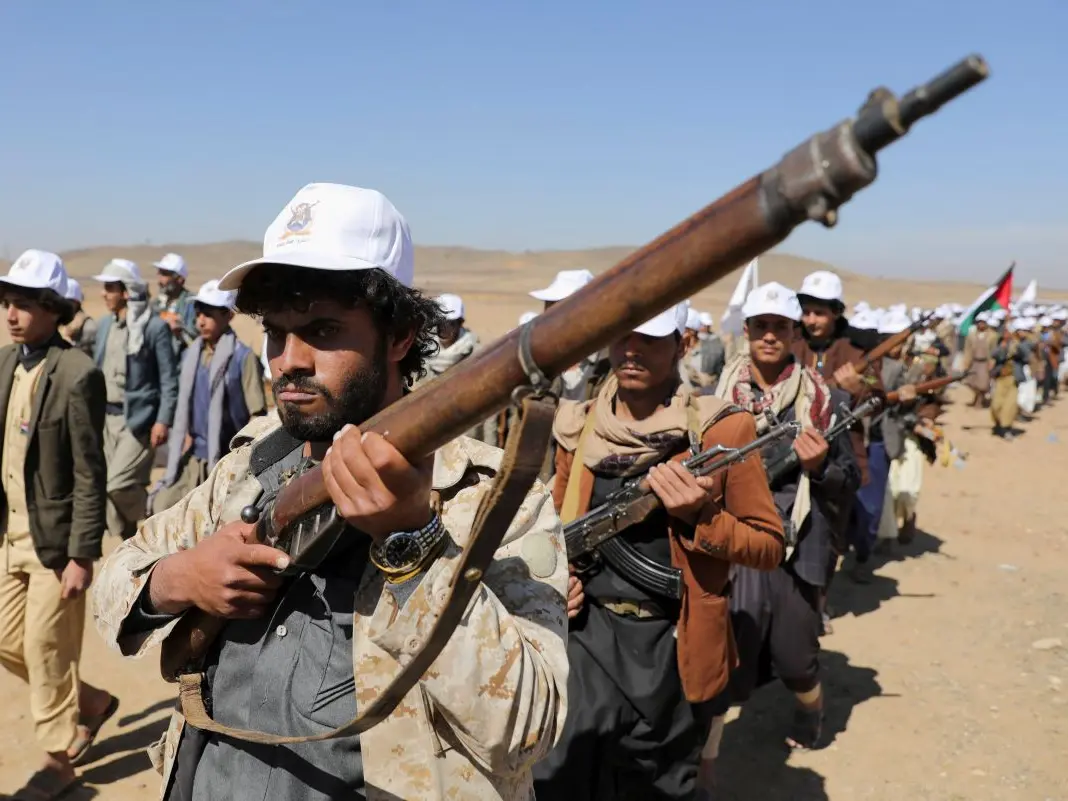In Myanmar’s Rakhine state, residents are increasingly forced to forage for bamboo shoots to survive, as a wartime blockade and international aid cutbacks have triggered a surge in hunger.
Fruit vendor Kyaw Win Shein, 60, from the town of Mrauk U, described daily survival as a worsening struggle. Rising prices and falling incomes have left many without access to sufficient food, driving some to scour the countryside for anything edible.
Rakhine, home to around 2.5 million people, has faced severe hardship since Myanmar’s 2021 military coup. Ongoing clashes between the military and an ethnic armed group have led to a blockade, cutting off vital supplies. The state, already reliant on international aid, has seen support dwindle after global funding reductions, including those linked to the United States’ humanitarian spending freeze.
The World Food Programme (WFP) — which received nearly half of its 2024 funding from the US — warned last week that 57% of families in central Rakhine cannot meet basic food needs, up from 33% in December. In northern areas like Mrauk U, where data collection is difficult, WFP says the situation is likely far worse.
With fertiliser scarce and crop yields falling, food prices have soared beyond what many can afford. “People are starving in my village,” said a resident from Ponnagyun, near the state capital Sittwe, adding that most survive on bamboo shoots, which lack nutritional value.
Economic isolation has also left local currency worn and unusable, as notes cannot be replaced due to the blockade. Market activity has slowed, with sellers outnumbering buyers.
Rakhine’s plight comes against the backdrop of long-standing conflict and previous military atrocities against the Rohingya minority, forcing over one million into refugee camps in Bangladesh. The UN recently reported 150,000 new Rohingya arrivals over the past 18 months, while nearly half a million people remain displaced within Rakhine.
For displaced residents like 49-year-old Hla Aye, whose shop failed amid the crisis, the future remains uncertain. “I have no idea how the future will be and if it will be more difficult,” she said.



